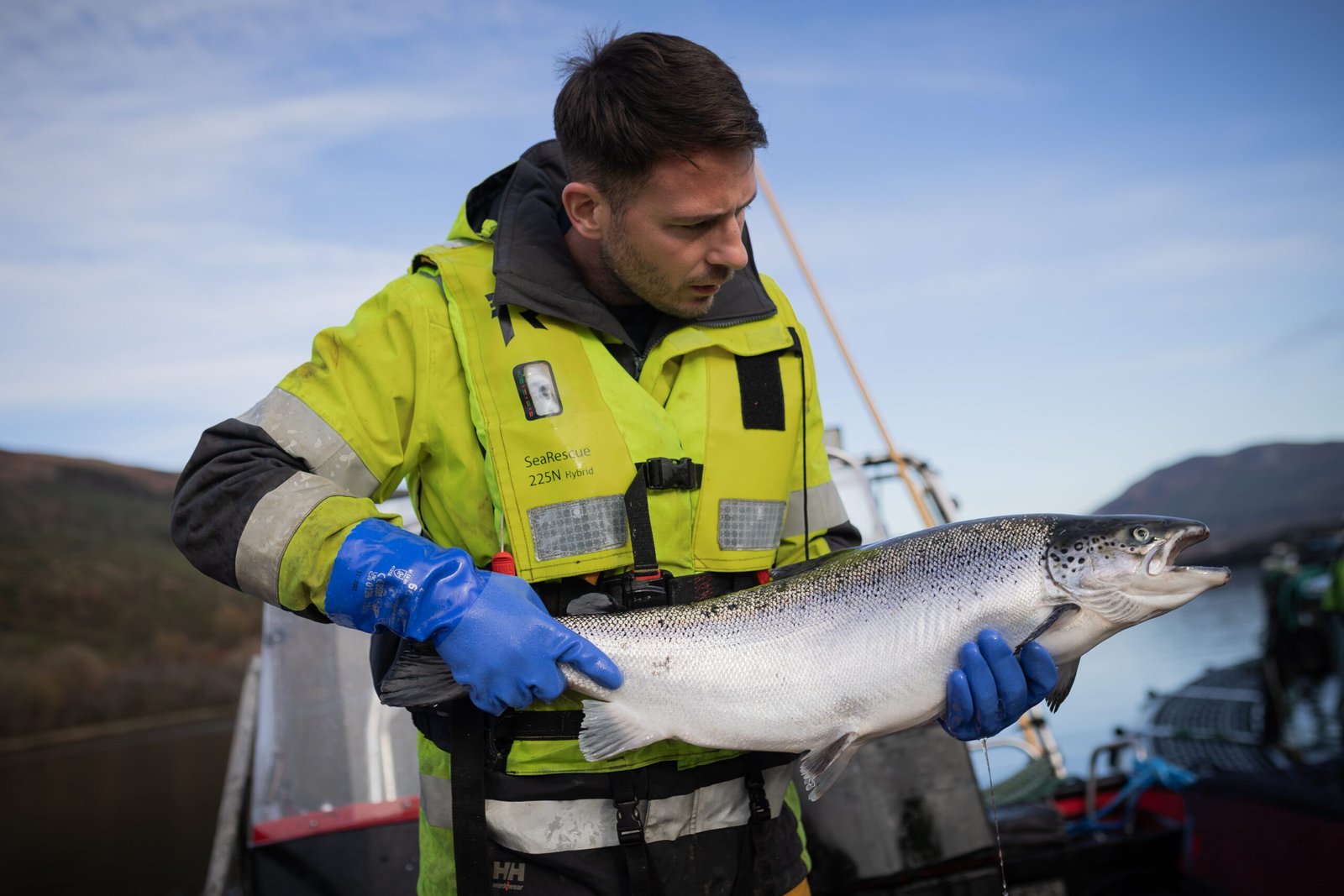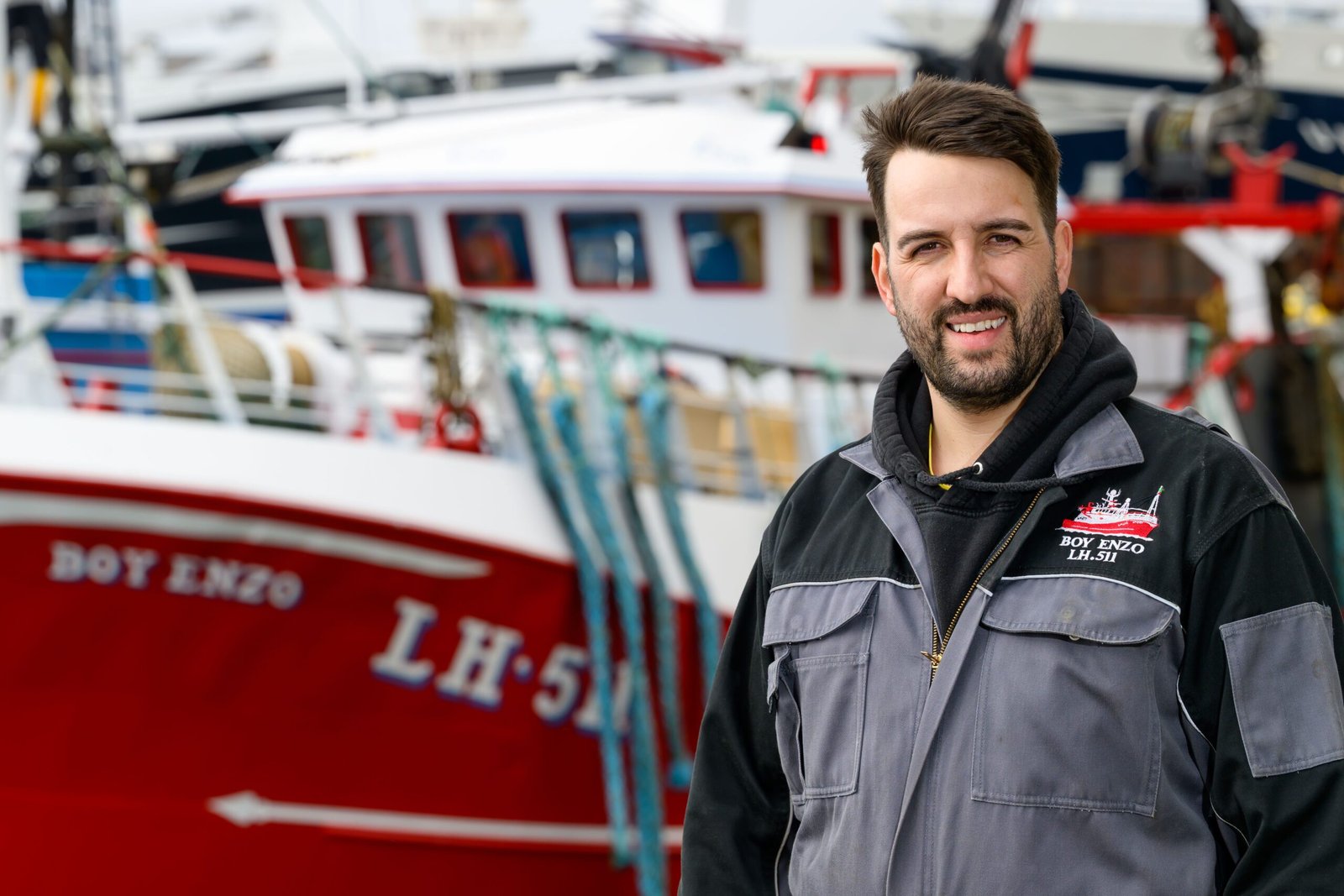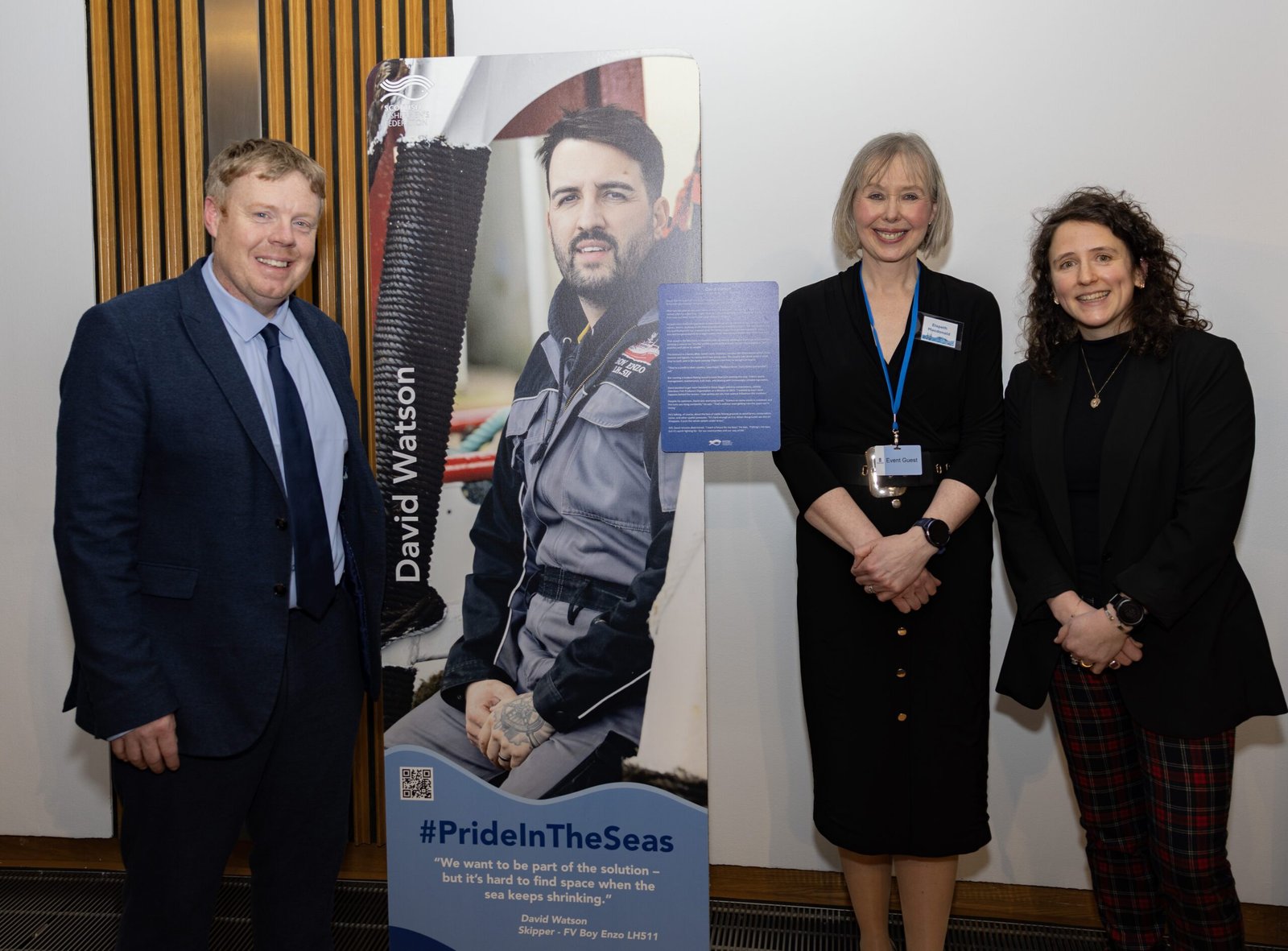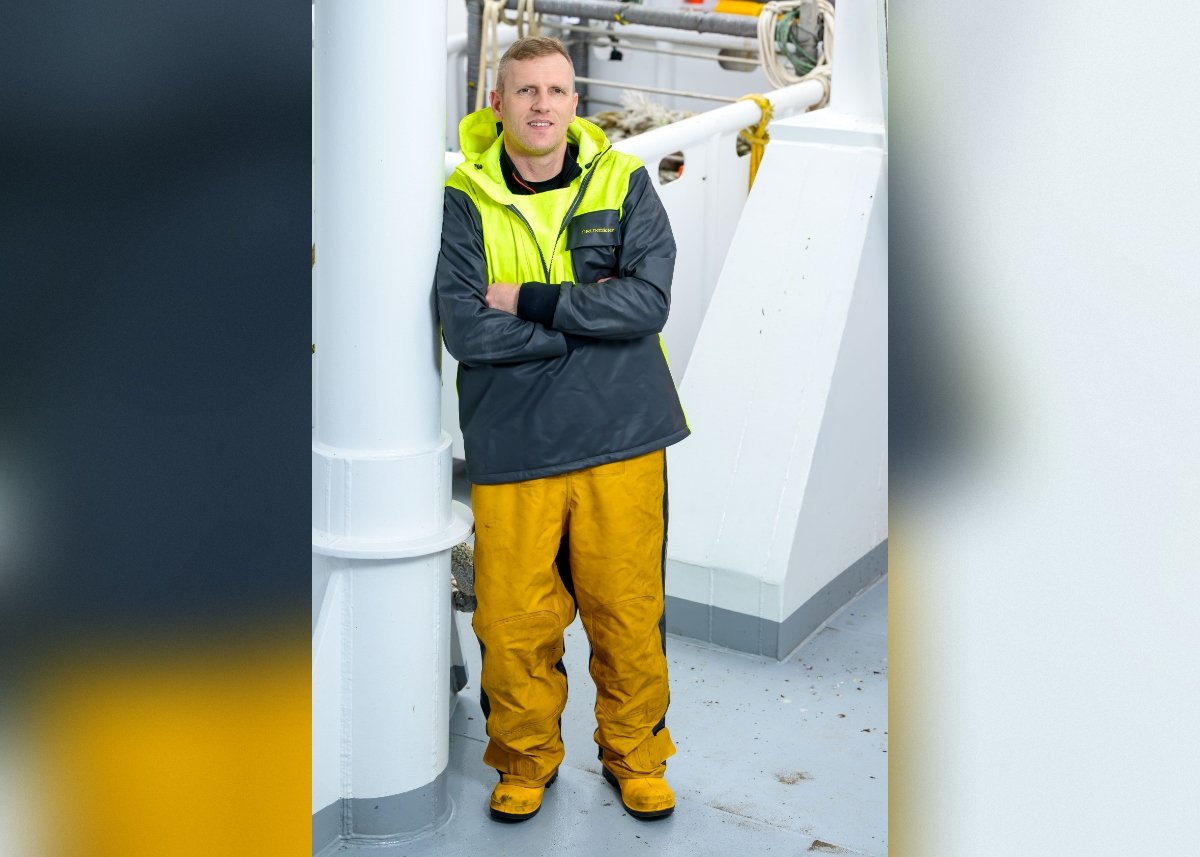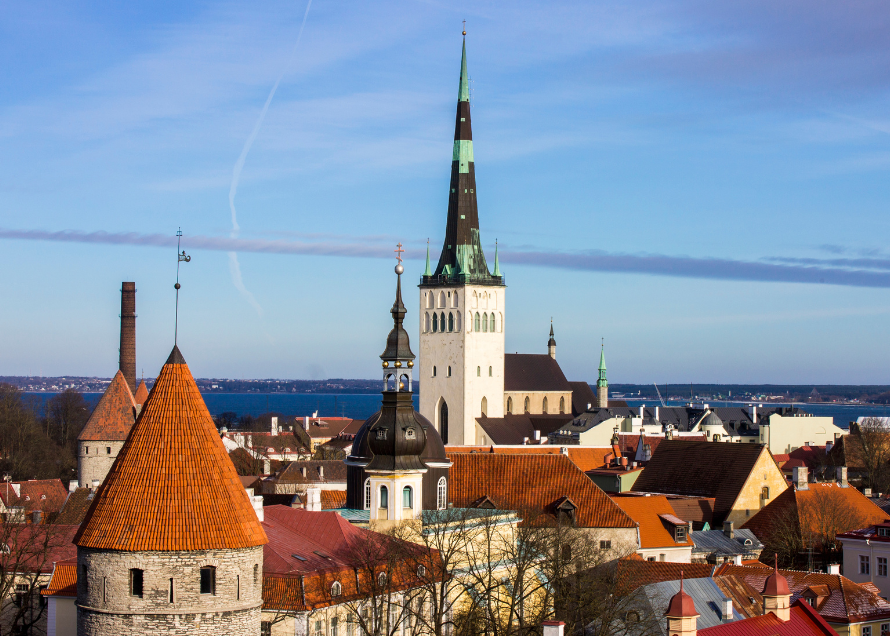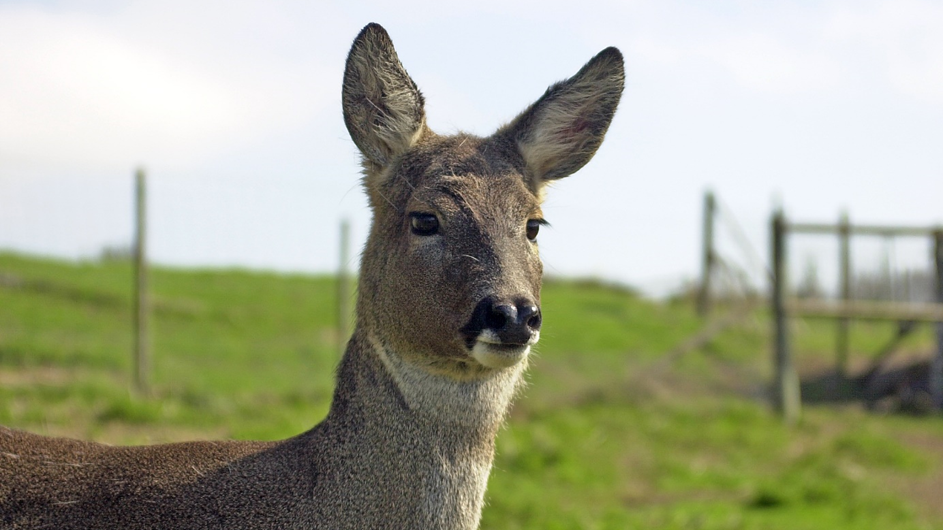The slow rate of progress in improving the regulation and enforcement of the Scottish salmon farming industry needs to be addressed as a matter of urgency to future-proof the industry and to enable it to grow sustainably.
This is the overarching conclusion of a report published today by Holyrood’s Rural Affairs & Islands Committee.
The report concludes the Committee’s scrutiny of the salmon farming industry in Scotland and the extent to which recommendations made by its predecessor committee in 2018 have been implemented.
Calling for stronger leadership from the Scottish Government, the Committee requests a clear timetable be provided setting out how both the outstanding 2018 recommendations, and its own recommendations, will be implemented within the next year.
The Committee also asks the Scottish Government to set out how implementation will be measured and for dedicated ministerial oversight of the workstream involved to drive delivery.
The Committee will revisit progress made on issues raised in the report in one year and may make further recommendations at that time.
Convener of the Rural Affairs & Islands Committee, Finlay Carson MSP said;
“We recognise the importance of the salmon farming industry to the Scottish economy and the jobs it supports in many rural and island communities.
“We also realise the efforts made by the industry to invest and innovate to overcome the new and unpredictable challenges it faces.
“But further progress should have been made in implementing the REC Committee’s recommendations of 2018 as well as anticipating the impact of climate change and rising sea temperatures on the industry. This would have helped address some of the polarised views the industry is currently facing in relation to the production process.
“Ultimately, it is the Scottish Government’s role, as well as the industry’s, to drive the change agenda required to allow science, research and the regulatory landscape to keep pace with the rapidly changing marine environment.
“That is why we are calling for the Scottish Government to redouble its focus on regulatory issues to ensure that this industry, which is so important to the Scottish economy, is both future-proofed and enabled to grow sustainably.”
In its report, the Committee says that it ‘seriously considered’ whether calling for a moratorium, or pause, on new sites, or the expansion at existing sites, would be appropriate – especially given the view held by some about the lack of progress in addressing high mortality rates since 2018.
However, given the lack of certainty around the impact a moratorium on production would have, especially on those directly employed on farms or living in local communities, the Committee is not currently in support of a moratorium or pause on production*.
Some of the Committee’s key recommendations include;
Fish mortality
Powers to be given to the Fish Health Inspectorate (or another appropriate body) to limit or halt production at sites which record persistently high mortality rates. The Scottish Government should work with industry and regulators to agree appropriate criteria and mortality thresholds for the use of these powers.
Scottish Government to establish a research project focused on testing and improving the modelling of environmental conditions that are known to cause high mortality events on salmon farms. This should have the effect of providing early warning to industry and inform technological solutions and approaches to husbandry to mitigate high mortality events.
The publication of comprehensive, consistent and transparent mortality figures that include the number of fish at a farm, the freshwater and seawater mortality, per facility, with accurate numbers of dead salmon, wrasse and lumpsuckers per week and with cumulative mortality totals at the end of each production cycle.
Scottish Government to publish an annual fish health report detailing the health and welfare status of all farmed finfish in Scotland.
Impact of salmon farms on the marine environment
Further research to address the significant gaps in knowledge, data, analysis and monitoring around the adverse risk of salmon farming on the marine environment, especially around discharges from farm pens and the use of medicines.
Scottish Government to work with industry and academia to establish dedicated research pens. Industry should contribute to the cost of financing this infrastructure.
Scottish Government to consider an expedited timetable for the introduction of a revised environmental quality standard for emamectin benzoate, rather than the planned four-year implementation period.
Farmed fish welfare
Scottish Government to bring forward additional regulations and official guidance under the Animal Health and Welfare (Scotland) Act 2006 to set specific baseline standards for the welfare of farmed fish.
Scottish Government to update the Committee in relation to the ethics and welfare implications of the use of ‘cleaner fish’ to manage sea lice infestations.
Sea lice
Scottish Government to introduce stricter conditions for ‘no counts’ (when salmon farms don’t return a weekly sea lice count to the Fish Health Inspectorate) for the accepted reasons of stock that is subject to treatments or being held for harvest.
Data and transparency
Scottish Government to prioritise upgrading and improving the Scotland’s Aquaculture website to make data more accessible and user friendly.
Wild salmon
Scottish Government to publish a timetable for implementing the outstanding 42 recommendations of the Salmon Interactions Working Group report as a matter of urgency.
A memorandum of understanding between SEPA and other relevant bodies to ensure a coordinated approach to managing the impacts of farmed salmon on wild salmon.
An immediate end to the siting of farms in the close vicinity of known migratory routes for wild salmon.
You Might Also Like:
No related posts.
Planning
Scottish Government to address concerns about the slow progress in tackling issues with planning and consenting process, especially regarding relocating existing farms.
Scottish Government to ensure that communities share the benefits of salmon farms sited in their locality, through consultation with stakeholders and affected communities.



